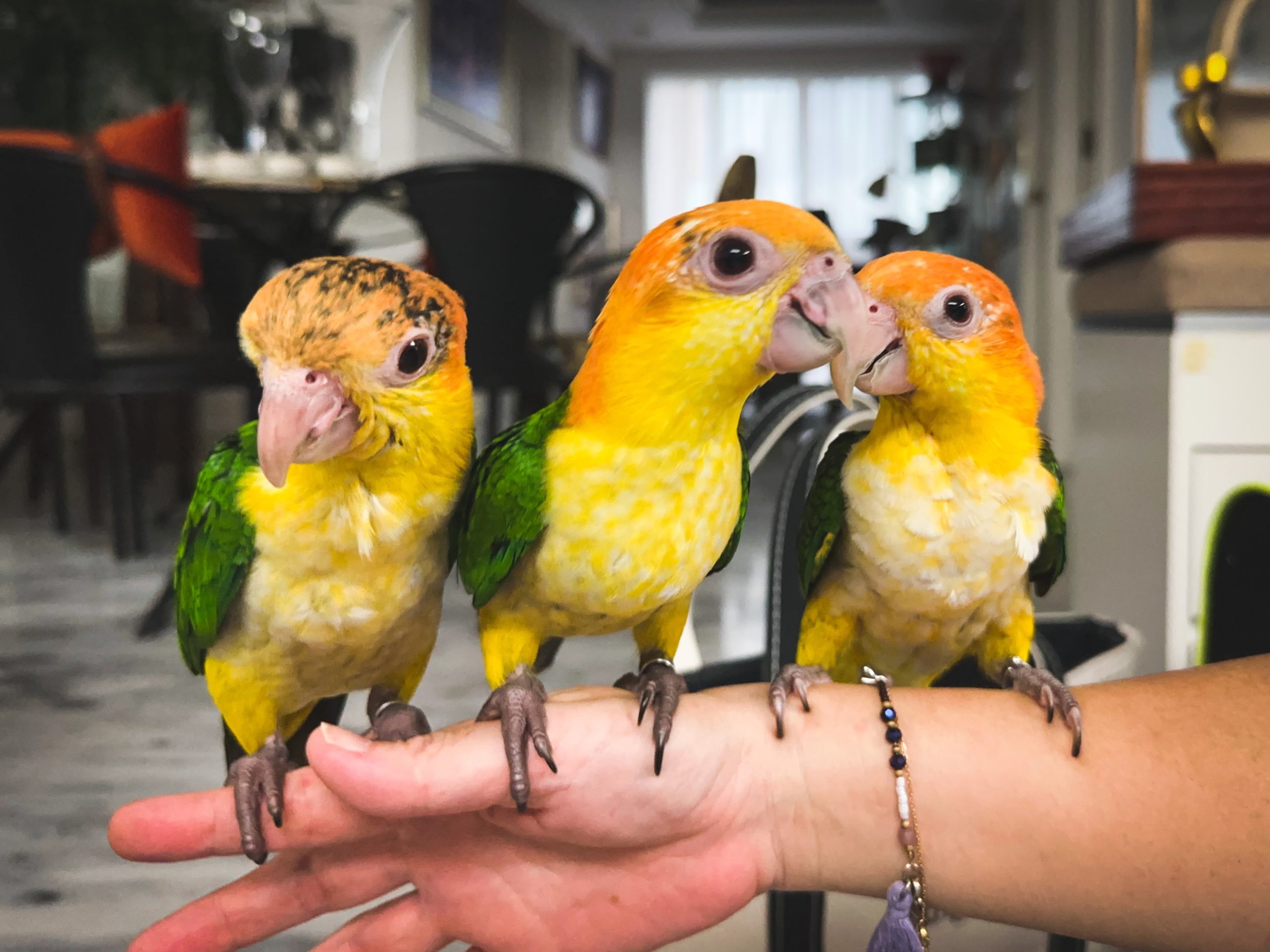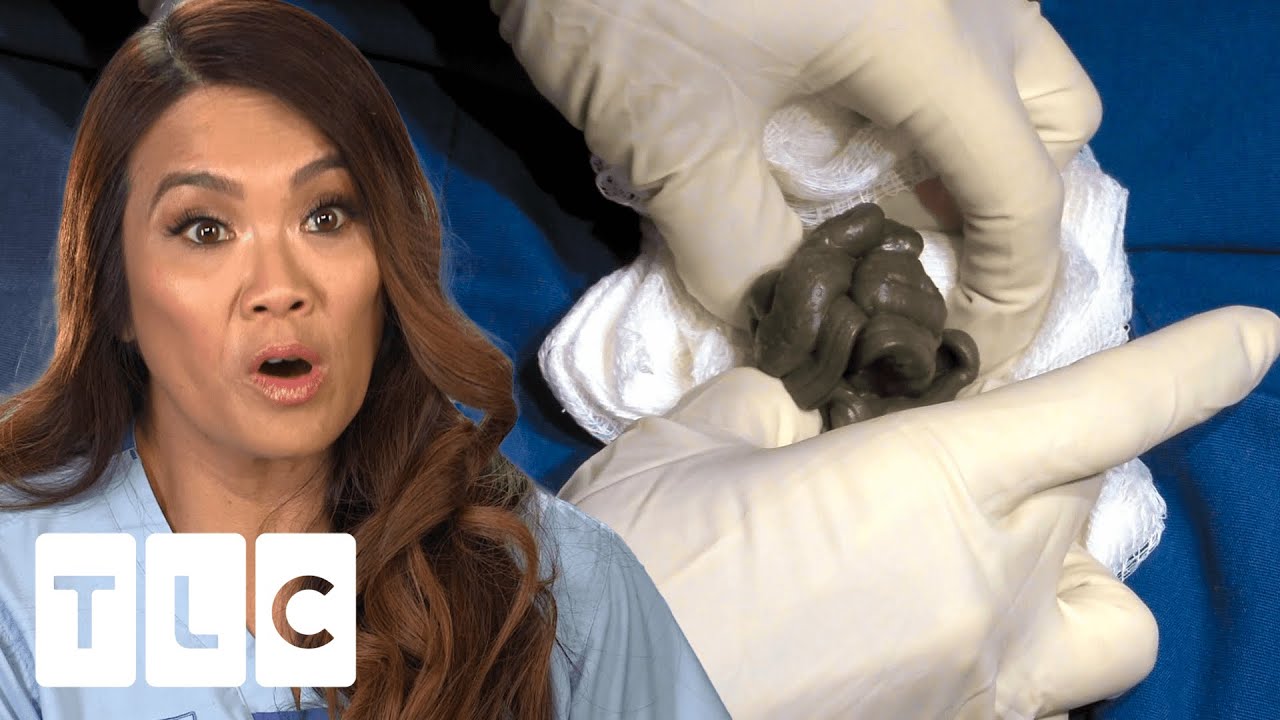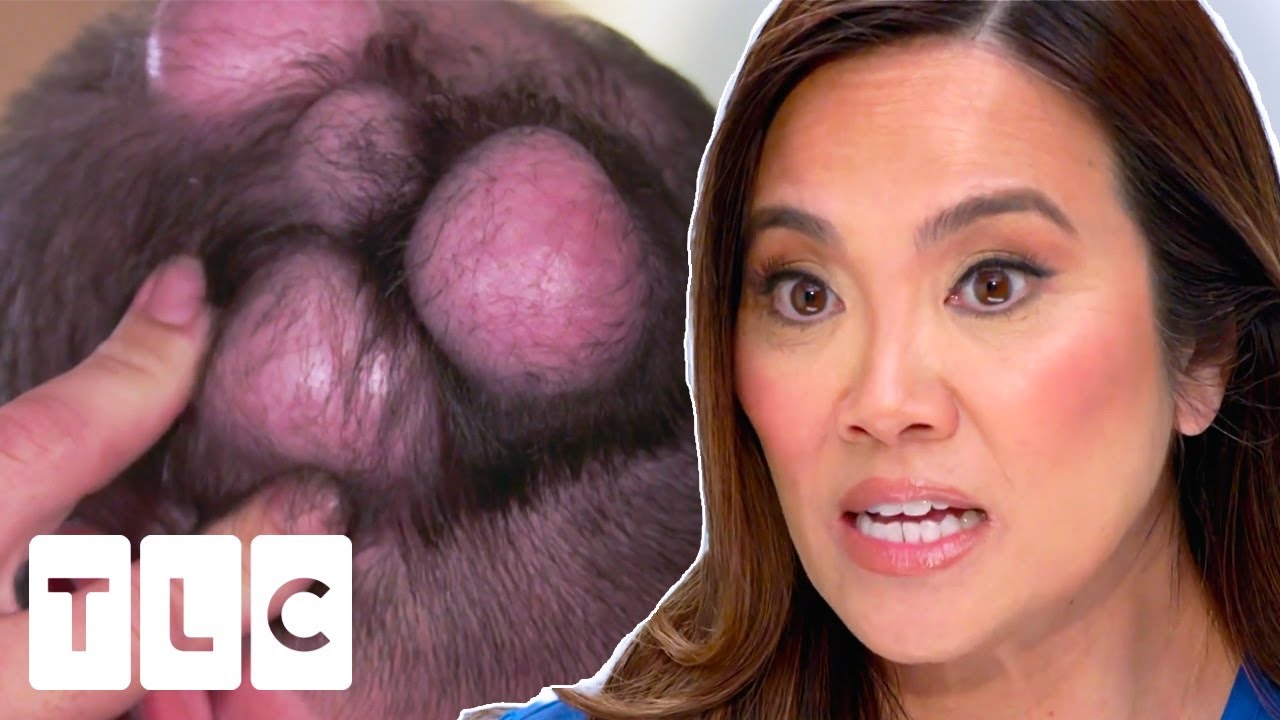
Parrots are vibrant, intelligent, and social creatures that bring a unique energy to any home. Whether you’re the proud owner of a small budgie or a majestic macaw, parrots can become beloved members of the family. However, just like any other pet, parrots can encounter health issues or accidents that may require medical care. That’s where parrot insurance comes into play.
In this blog post, we’ll dive into the world of parrot insurance, explaining what it is, why it’s a good idea, and how to choose the right policy to keep your feathered friend safe and healthy.
What Is Parrot Insurance?
Parrot insurance is a type of pet insurance designed specifically to help cover the cost of medical care for your bird. It works similarly to insurance for other pets like dogs or cats, offering coverage for accidents, illnesses, surgeries, and sometimes preventive care. Since parrots can live for many years (some species up to 80 years or more!), it’s essential to plan for the unexpected medical expenses that can arise over their lifetime.
Why Should You Consider Parrot Insurance?
- Cost of Veterinary Care: Veterinary care for parrots can be expensive, especially if your bird develops a chronic condition or needs specialized treatment. Avian vets often charge higher fees than general pet clinics, and certain conditions may require long-term care, such as medication, surgeries, or frequent check-ups. Parrot insurance can help offset these costs and ensure your bird gets the care they need.
- Exotic Species Specialization: Parrots are exotic animals, and many veterinarians specialize in avian care. However, not all regular vets are equipped to treat birds. Avian specialists can be costly, so having insurance can help make these visits more affordable, ensuring that your parrot is treated by the best professionals.
- Peace of Mind: With parrot insurance, you don’t have to worry about finding the money to pay for emergency treatments or ongoing health problems. Knowing that your parrot is covered in case of illness, injury, or accidents brings peace of mind, allowing you to focus on their well-being.
- Preventive Care: Some pet insurance plans for parrots include preventive care, such as annual wellness exams, beak and feather checks, and disease screening. Regular check-ups can catch potential issues early, preventing more serious and costly treatments down the road.
- Emergency Coverage: Accidents can happen to parrots—whether it’s a fall, a fight with another pet, or an injury caused by environmental hazards. Emergency vet visits for serious injuries can be financially draining. Parrot insurance helps cover these urgent costs, ensuring your parrot gets immediate attention.
What Does Parrot Insurance Cover?
The coverage available under a parrot insurance policy can vary by provider and plan. However, typical coverage includes:
- Accidents and Injuries: Parrots are curious and adventurous creatures, and accidents are common. Coverage may include injuries from falls, broken wings or legs, or injuries caused by other pets.
- Illnesses: Like any pet, parrots can get sick. Insurance can cover illnesses like respiratory infections, gastrointestinal issues, or beak and feather disorders. Some policies may also include coverage for more severe conditions like feather plucking or behavioral issues caused by health problems.
- Surgeries: If your parrot needs surgery, whether for an injury or an illness, insurance can help cover the cost. This includes procedures like wing repairs, tumor removal, or even cosmetic surgeries for feather problems.
- Medications: Parrots may need medications for a variety of conditions, including antibiotics, pain relievers, or treatments for parasites. Insurance can help cover the cost of these medications.
- Emergency Care: If your parrot needs urgent medical care, insurance can help cover emergency vet visit fees, diagnostics, and treatments.
- Diagnostic Tests: Many avian diseases require specific diagnostic tests, like blood work, X-rays, or fecal exams. These tests can be expensive, but insurance can help cover the cost.
- Behavioral Therapy: Some policies may offer coverage for behavioral therapy, which can help with issues like excessive feather plucking, aggression, or other behavioral problems.
What’s Not Covered by Parrot Insurance?
Just like with other pet insurance plans, there are exclusions to be aware of. Common exclusions in parrot insurance policies include:
- Pre-existing Conditions: If your parrot has an existing health issue when you enroll in the policy, it may not be covered. Pre-existing conditions are typically excluded from insurance coverage.
- Routine Care: Most policies don’t cover routine care, such as nail trimming, beak and feather maintenance, or regular cleaning of the cage. Some policies may offer wellness add-ons, but basic grooming and care typically aren’t included.
- Cosmetic Procedures: Non-essential cosmetic procedures, such as feather dyeing or beak shaping, are not usually covered.
- Age Restrictions: Some insurers may have age restrictions for coverage. For example, older parrots may not be eligible for certain plans, or they may face higher premiums due to the increased risk of health problems.
- Behavioral Issues (unless health-related): While some behavioral problems (like excessive plucking) may be covered if they are deemed to be caused by a medical condition, general behavioral issues may not be included in standard policies.
How Much Does Parrot Insurance Cost?
The cost of parrot insurance varies depending on several factors, including your bird’s species, age, and the level of coverage you choose. On average, pet insurance for parrots can range from $10 to $40 per month.
Several factors can influence the cost:
- Species and Size: Larger parrots like macaws or cockatoos may have higher premiums due to their higher treatment costs compared to smaller birds like budgies or cockatiels.
- Age: Older parrots are at greater risk of developing health issues, so insurance premiums may be higher.
- Location: The cost of avian veterinary care can vary by location, so the cost of insurance may also vary depending on where you live.
- Coverage Type: Basic accident-only plans will be cheaper than comprehensive policies that include accidents, illnesses, surgeries, and preventive care.
How to Choose the Right Parrot Insurance Plan
Choosing the right insurance policy for your parrot is essential for ensuring they receive the best care possible. Here are some tips for selecting the right coverage:
- Assess Your Parrot’s Needs: Consider your parrot’s age, species, and any existing health conditions. If your parrot is young and healthy, a basic accident plan may be sufficient. Older parrots or those with special health needs may benefit from a more comprehensive policy.
- Compare Policies: Research different insurance providers and compare their coverage options, exclusions, and premiums. Make sure the plan covers the treatments and services that are most important for your parrot’s health.
- Understand the Exclusions: Be sure to read the terms and conditions of the policy to understand what is and isn’t covered. Pay attention to exclusions like pre-existing conditions or routine care that might not be included.
- Consider a Wellness Add-On: If you want to cover preventive care like regular check-ups and vaccinations, check to see if your insurance provider offers wellness add-ons. Some plans include these services, while others may require you to pay extra for coverage.
- Read Reviews: Look for reviews and recommendations from other parrot owners to find out which insurance providers have a good reputation for customer service and reliability.
Final Thoughts
Parrot insurance is a smart investment for any parrot owner who wants to ensure their bird receives the best possible care throughout their life. Whether it’s for an unexpected accident, illness, or surgery, insurance can provide peace of mind and help you manage the costs of veterinary care.
With the right insurance policy, you can focus on enjoying the company of your feathered friend, knowing that you’ll be able to provide them with the medical care they need without financial stress.
Have you considered getting insurance for your parrot? Share your thoughts or experiences in the comments below!

